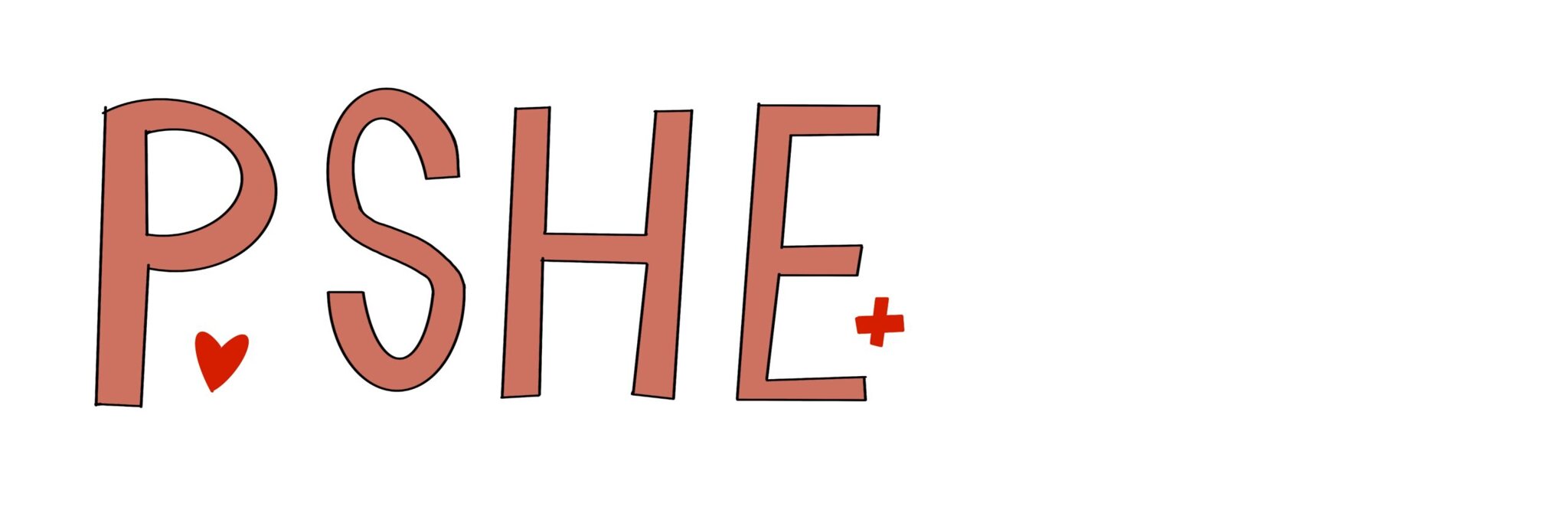
PSHE Intent
PSHE enables our children to become healthy, independent and responsible members of society. Our curriculum aims to help them understand how they are developing personally and socially, and tackles many of the moral, social and cultural issues that are part of growing up. The curriculum is closely matched to the needs of our children and the diverse society they are growing up in, allowing them to develop positive relationships and maintain a healthy lifestyle. We aim to equip the children with the knowledge and skills necessary to make safe and informed decisions, enabling them to ask questions, understand risk and have the confidence to challenge when they think something is wrong.
Our aim is to provide a curriculum that will allow children to:
- Learn about rights and responsibilities.
- Appreciate what it means to be a member of a diverse society.
- Develop their sense of self-worth by playing a positive role in contributing to school life and the wider community.
- Achieve their very best in order to fulfil their God-given talents.
- Understand how Catholic Virtues and British Values relate to PSHE.
Implementation
At St. Gregory’s, it is every staff members responsibility to be a role model and have high expectations of all our children. All staff should actively promote random acts of kindness to encapsulate our Mission Statement and celebrate these with the children. Teaching and learning is supported with resources from, ‘Life to the full by Ten Ten’. The programme of study is split into three core modules: ‘Created and loved by God, Created to love others, Created to live in community.’ The programme pathway adopts a spiral curriculum so that as the children go through the programme year after year, the learning will develop and grow with each stage building on the last. It is also an important part of Collective Worship where children’s spiritual, moral, social and cultural curiosity is stimulated, challenged and nurtured.
Floor books are used to record the children’s responses to and show progress across PSHE sessions. These books travel with the children as they move to the next year group so they can look back at their learning and the next teacher can see the starting points. In UKS2, the children are given opportunities to record individual responses in a more reflective and personal way.
We believe that PSHE plays a vital part of primary education and is taught at least weekly; although there will also be many opportunities to make cross-curricular links. There will also be occasions where staff may feel it necessary to teach PSHE as a result of an issue which has arisen in their own class, in school, in the community, nationally or globally.